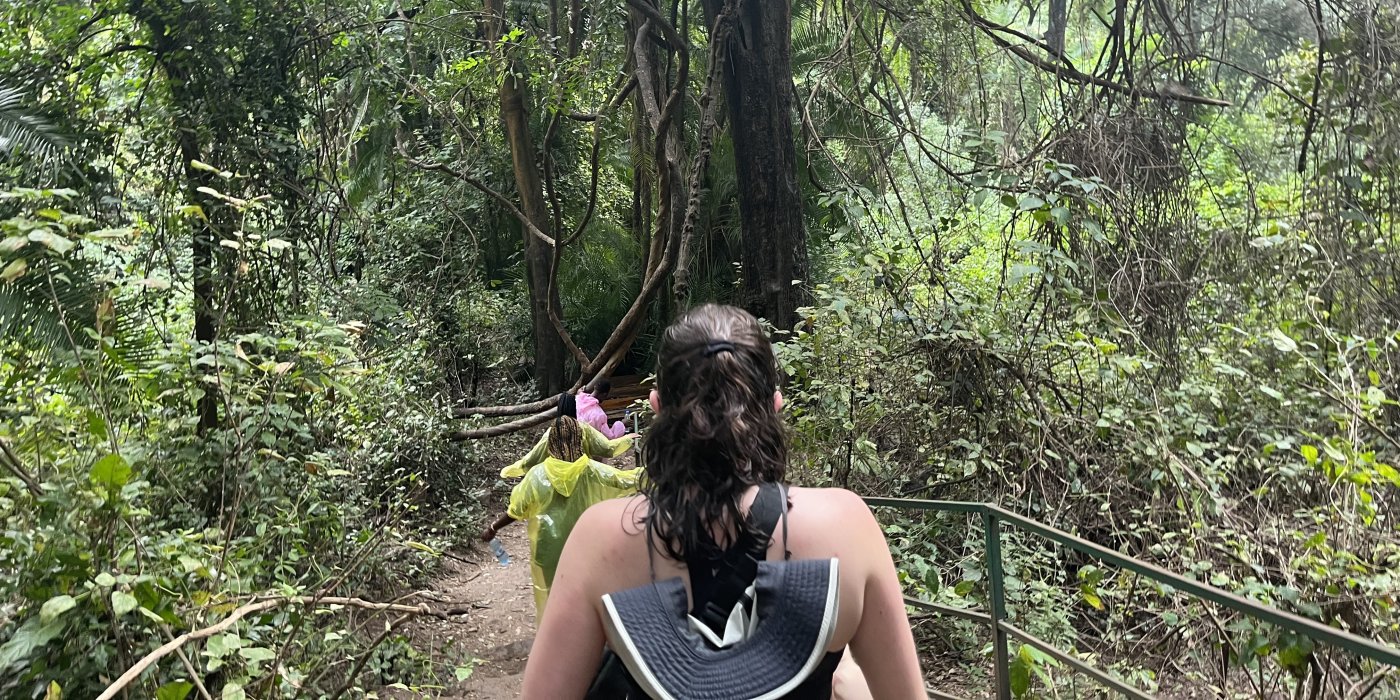Cornell Supports International Travel
When you study abroad, your health, safety, and security are our top priorities.
Education Abroad works closely with Global Cornell's International Health, Safety, and Security team, campus partners across Cornell’s colleges, and local contacts at study abroad program sites. Together we assess program safety, manage foreseeable risks, and plan for and respond to emergencies.
Whether you plan to study abroad for a few weeks, a semester, or a year, the Cornell resources on this page will help you plan for a secure and rewarding international experience.
Prepare to Reduce Risks
At home or abroad, personal health and safety are never guaranteed. While you can’t eliminate every potential hazard from your study abroad experience, you can take steps before and during your time abroad to prepare yourself and reduce risks.
1 Register your international travel.
Remember to register your international travel in Cornell’s International Travel Registry. It’s required for study abroad and all Cornell-related international travel. Register as soon as you have your travel plans in place.
In the event of an emergency, the travel registry helps university officials reach you quickly and provide assistance. During the pandemic, Cornell used the travel registry to locate study abroad students stranded by the health crisis and help them evacuate. Learn more about travel to elevated risk destinations.
2 Visit Global Cornell's travel planning checklist.
This travel checklist from Global Cornell's travel safety experts gives you all the information you need to get your study abroad experience off to a safe and healthy start. You can begin working through the planning process and resources on the checklist as soon as you commit to a study abroad program.
Be sure to check on your private health insurance and Cornell's no-cost insurance, which covers accidents, sickness, and emergency care for most travelers abroad, so that you understand what's covered before you travel. Also consider taking advantage of travel services from Cornell Health.
3 Complete predeparture orientation.
Complete Cornell's required predeparture orientation to learn more about how to responsibly manage your own health, safety, and security while you're abroad. You'll receive more information about these virtual modules when you're accepted into a program.
4 Follow your program’s rules.
We hope your international travel goes off without a hitch! Once you've arrived, it's your responsibility to follow your program’s rules. This includes abiding by the health and safety policies of your program and host country, which may include restrictions on travel and mobility due to the pandemic or other emergency conditions. Be aware that the rules can change at any time, and Cornell may institute additional requirements or restrictions.
5 Need help? Reach out.
In an emergency, call your local "911" or International SOS at +1-215-942-8478 and reference Cornell's membership number: 11BSCA827281. ISOS also has mobile app!
Global Cornell's travel safety experts are ready to help you find valuable resources and answer questions when your situation is not an emergency. Reach them by email.




